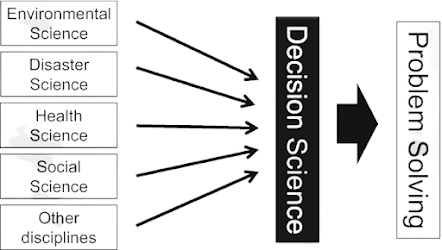Medical Imaging and Diagnostic Systems: Biomedical engineers work on the design and development of medical imaging technologies such as X-ray, computed tomography (CT), magnetic resonance imaging (MRI), ultrasound, and positron emission tomography (PET). They also develop diagnostic systems and tools for detecting and monitoring diseases and medical conditions.
Biomedical Instrumentation: Biomedical engineers design and develop medical devices and instruments used in patient monitoring, diagnosis, and treatment. These can include electrocardiography (ECG) devices, blood pressure monitors, ventilators, infusion pumps, and surgical instruments.
Biomechanics: Biomechanics focuses on the application of mechanical engineering principles to understand and analyze the mechanics of biological systems, such as human movement, joint mechanics, and tissue mechanics. Biomedical engineers use biomechanical principles to design prosthetics, orthotics, and rehabilitation devices.
Biomaterials: Biomaterials are materials used in medical devices and implants that interact with biological systems. Biomedical engineers work on the development and testing of biomaterials for applications such as artificial joints, dental implants, tissue engineering scaffolds, and drug delivery systems.
Tissue Engineering and Regenerative Medicine: Biomedical engineers contribute to the field of tissue engineering and regenerative medicine, which involves the development of biomaterials, scaffolds, and engineering strategies to repair or regenerate damaged tissues and organs.
Medical Robotics and Surgical Technology: Biomedical engineers design and develop robotic systems and surgical technologies that aid in minimally invasive surgeries, precision procedures, and assistive devices for healthcare professionals. These technologies can improve surgical outcomes, reduce invasiveness, and enhance patient recovery.
Rehabilitation Engineering: Rehabilitation engineering focuses on the development of technologies and devices to assist individuals with disabilities or physical impairments. Biomedical engineers contribute to the design of assistive technologies, prosthetics, orthotics, and rehabilitation devices to enhance mobility, function, and quality of life.
Bioinformatics and Computational Biology: Biomedical engineers use computational tools and techniques to analyze biological and medical data, develop algorithms for medical imaging and signal processing, and model biological systems. This field plays a vital role in genomics, drug discovery, and personalized medicine.
_1649248476.jpg)
Medical Device Regulations and Safety: Biomedical engineers work in compliance with regulatory standards and guidelines to ensure the safety, effectiveness, and quality of medical devices. They are involved in risk assessment, testing, and validation of medical devices before they are approved for clinical use.
Healthcare Technology Management: Biomedical engineers are involved in the management and maintenance of medical equipment and technology within healthcare facilities. They ensure proper functioning, calibration, and safety of medical devices and systems.
Neural Engineering: Neural engineering combines engineering principles with neuroscience to develop technologies for understanding and interacting with the nervous system. This includes brain-computer interfaces, neuroprosthetics, and neural imaging techniques.
Medical Data Analysis and Healthcare Informatics: Biomedical engineers contribute to the analysis and interpretation of medical data, including electronic health records, medical imaging data, and clinical trials. They develop algorithms, machine learning models, and data visualization techniques to extract insights and support clinical decision-making.
Biomedical engineering plays a critical role in advancing healthcare, improving patient outcomes, and developing innovative solutions for medical challenges. It involves collaboration with healthcare professionals, researchers, and industry stakeholders to bridge the gap between engineering and medicine.
Visit:https://new-science-inventions.sciencefather.com/
#BiomedicalEngineering #MedicalImaging #DiagnosticSystems #BiomedicalInstrumentation #Biomechanics #Biomaterials #TissueEngineering #RegenerativeMedicine #MedicalRobotics #SurgicalTechnology #RehabilitationEngineering #Bioinformatics #ComputationalBiology #MedicalDeviceRegulations #HealthcareTechnologyManagement #NeuralEngineering #MedicalDataAnalysis #HealthcareInformatics



.jpg)









